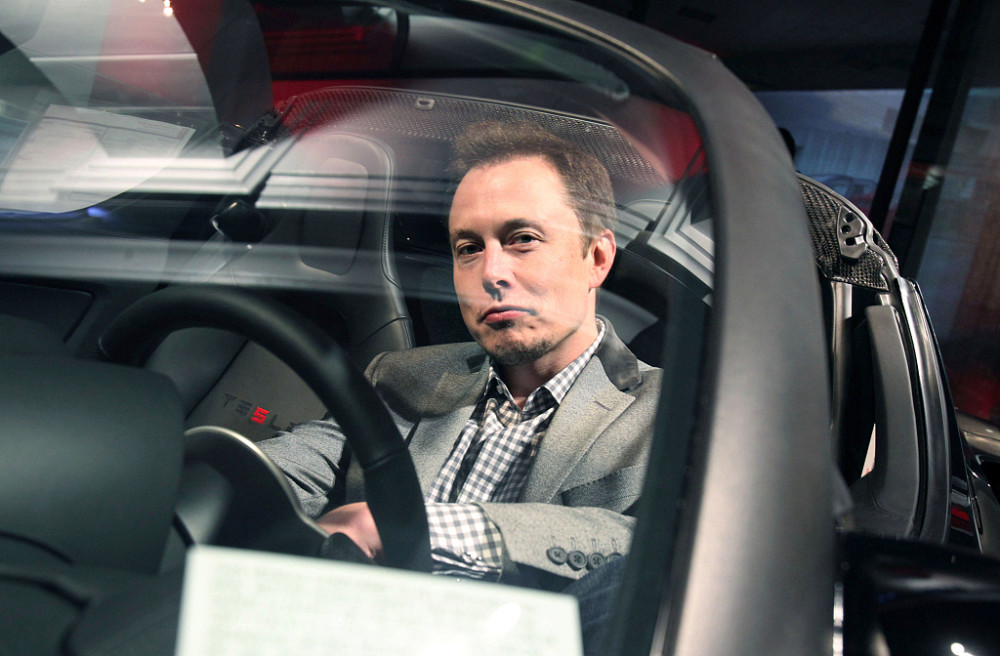The "interaction" between Elon Musk and Twitter is just showing signs of pause, and the addition of Jack Dorsey, Twitter's co-founder, former CEO and current board member, has revived the problem.
Over the past few weeks, Musk has been outspoken about Twitter's shortcomings as a platform. He had planned to join the company's board of directors, but on the last day he decided to give up.
His argument was that companies should be privatized in order to "accomplish the changes that need to be made." As a result, a board seat is not enough for him to have an impact on Twitter's future growth strategy.

Over the weekend, Musk responded to a tweet listing Twitter's board members and their percentage of ownership in the company. Once Dorsey leaves, the board has too few shares, so their economic vision may not benefit the social network or shareholders, he said.
Dorsey's criticism of the company's board was less direct. He responded positively to a tweet that quoted a bad board killing company. In the same post, he said in a separate tweet that Twitter's board of directors has been a dysfunctional feature for the company for years.
Notably, the Twitter co-founder was fired as early as 2008 as CEO. He returned in 2015 and enjoyed a longer tenure. When he stepped down as CEO last year, reports speculated that former board member Elliott Management had played an important role in the move.
Maybe we'll see Dorsey go public with more information about Twitter's board after he officially retired from Twitter's board.
Open Twitter's algorithm
Last week, at TED 2022, Musk said he wanted Twitter to open source and put the code on Github so the company would be more transparent about its actions.
This doesn't really solve any problems with moderation or hate speech, as Twitter follows different rules in different countries and situations. Because humans who make moderately-based decisions have contextual understanding, it is difficult for algorithms to evaluate these complex scenarios.
Dorsey agrees with musk about some of his criticisms of Twitter (and social media), but his view is slightly different from hosting code only on Github.
Earlier this month, he acknowledged his role in the centralization of the internet.
Over the past few years, Square 's (now Block)'s co-founders have been a strong advocate of decentralized social media and providing users with choices in content discovery algorithms.
When he was CEO of Twitter, he announced a new venture called Bluesky in 2019.
The project is now an independent entity funded by social networks and aims to establish a decentralized and open protocol for social media that can address issues such as centralized enforcement of content removal policies and promotion of controversial content.
Over the weekend, he replied to a tweet that pointed to a post encouraging Twitter to open up its algorithm, indicating he had always wanted to do so. He also argues that it's the only large social media service that allows people to turn off the algorithm, referring to features that allow you to switch to an inverted timeline.
Dorsey also believes in removing people from social media platforms. He acknowledged that a permanent ban was a failure for a social media company, even if they were the right decision at the time. Dorsey points out that decentralized protocols can bring friendly solutions to deplatization.
In another tweet, he supported Ethereum co-founder Vitalik Buterin's view that wealthy people should not own social media or media companies.
Dorsey, who still serves on Twitter's board, has been quick to criticize where the company is currently headed. He may disagree with Elon's absolute vision of Twitter, but his tweets suggest he's not thinking in the opposite direction.
Last year, the two tech guys joined forces to criticize the Web3 vision, and this time they once again "challenged" Twitter.